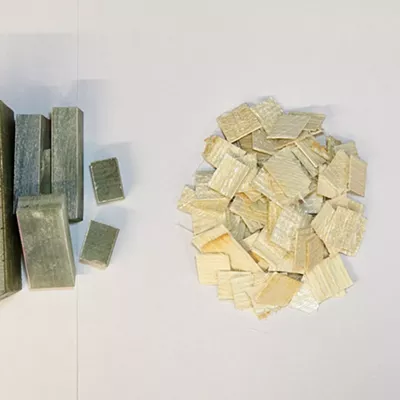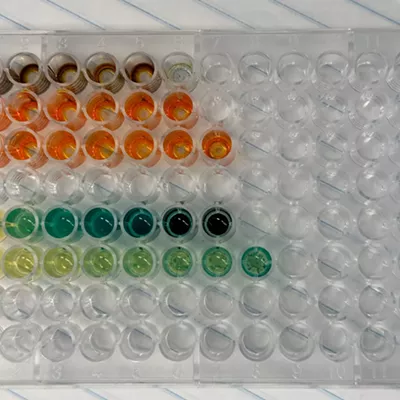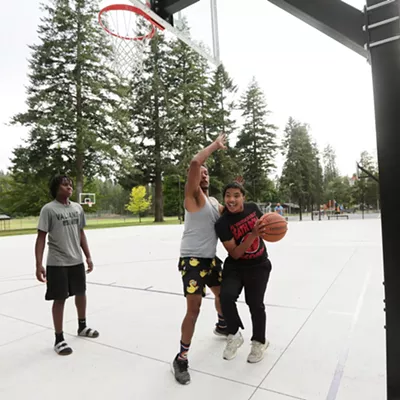It's been a busy month around the world of weed, and not just because April is the time of 4/20. This month, the Journal of Cannabis Research published three studies from around the globe from researchers looking to shine a light on the relationship between humans and this plant that gets them high.
CANNABIS AND COVID
It may be 2024, but we're still learning about COVID-19. A new study led by a Baylor University researcher found that past cannabis use is associated with better outcomes among patients dealing with COVID-19.A key point summarized in the study reads, "History of cannabis use was associated with significantly lower odds of COVID-19-related hospitalization, mechanical ventilation, and death compared to those without history of cannabis use."
The researchers point out that there is still much more to be learned, as is too often the case with cannabis-related research. But they also note that their study builds upon prior research which has shown that modulation of the endocannabinoid system — the human body's built-in cannabis receptors — shows promise in impacting and potentially moderating negative effects of COVID-19.
LEGAL INEQUALITY QUANTIFIED
Legalizing cannabis was just the first step in undoing decades of drug policies that were inequitable across racial and socioeconomic lines. It's an issue the state of Washington has been dealing with for years now through its Cannabis Social Equity Program.Even where it's legalized, inequalities still exist. In Missouri, where cannabis was legalized in 2022, researchers found that not all communities were treated equally when local businesses applied for state licenses for medical marijuana dispensaries.
"Census tracts with poorer socioeconomic conditions attracted a disproportionate share of low-scoring applicants from the bottom quartile of scores," the study reads.
Applicants from denser and less-homogenous areas, with better resources, fared better in the application process, which the study noted can continue a cycle of inequity in cannabis policy.
WHY WE'RE USING
In France, where recreational cannabis remains illegal, a study looked into the factors that led adults to self-medicate with cannabis. Medical marijuana also remains mostly illegal in France.Researchers found that those who used cannabis in adolescence or early adulthood were more likely to turn to cannabis as a form of self-medication in their adult years.
In the study's conclusion, researchers stated, "the most common way to learn about [cannabis'] health benefits ... is to first use it recreationally before switching to self-medication."
Noting that cannabis remains illegal in the vast majority of the world, and that has not stopped people from consuming it, the researchers say more study is needed, specifically on populations who do consume cannabis as medication. ♦





















